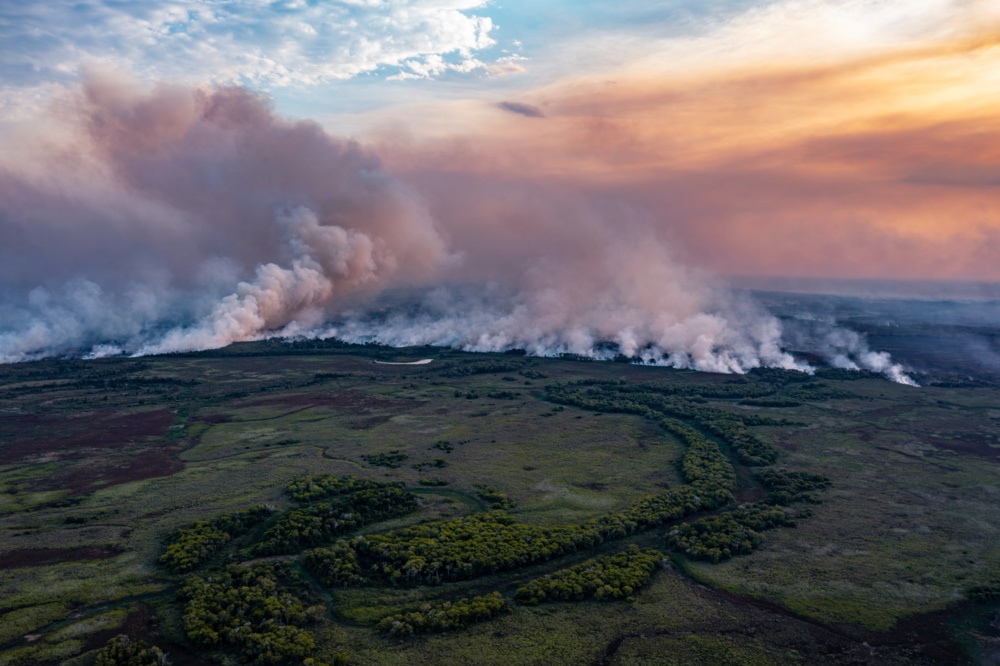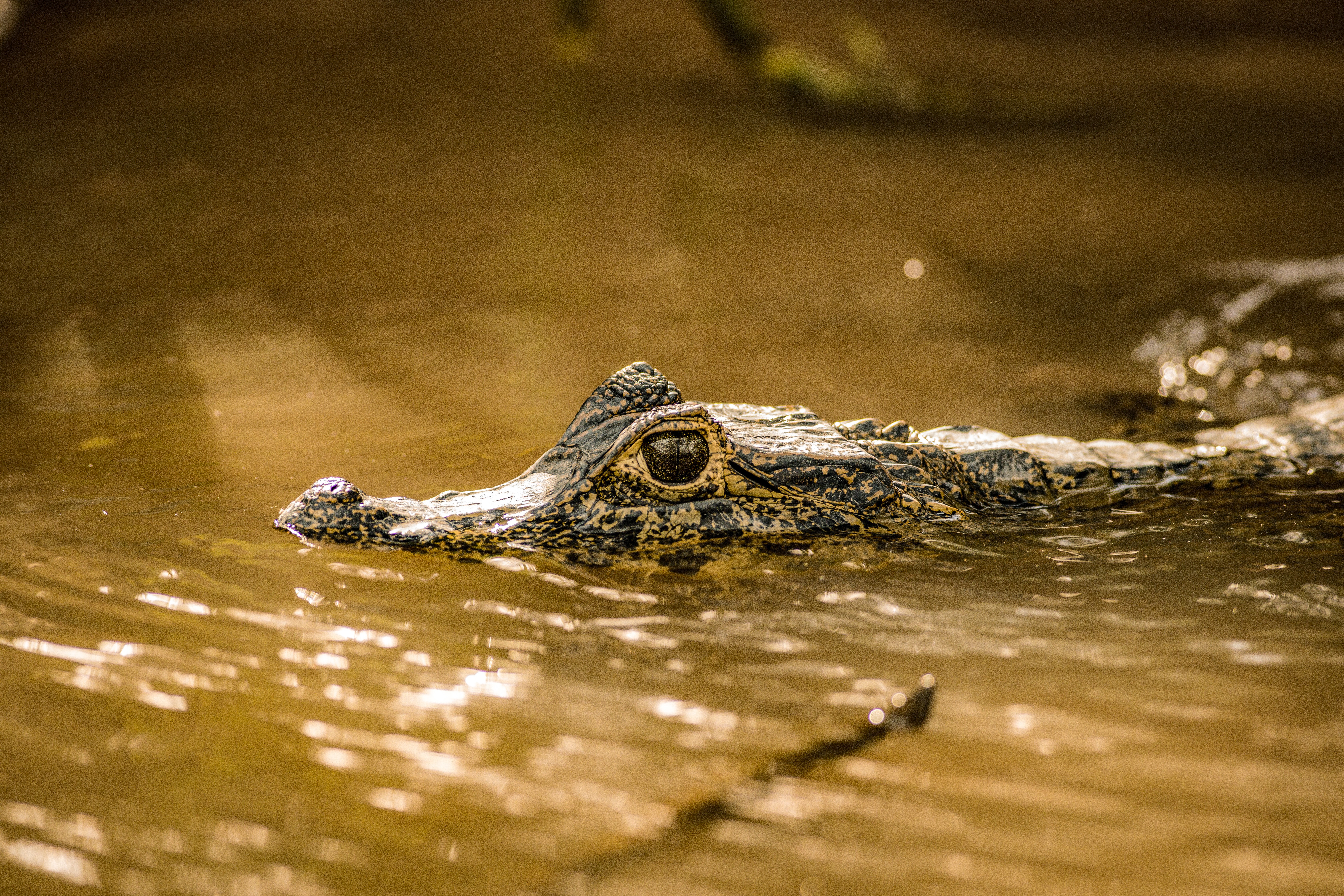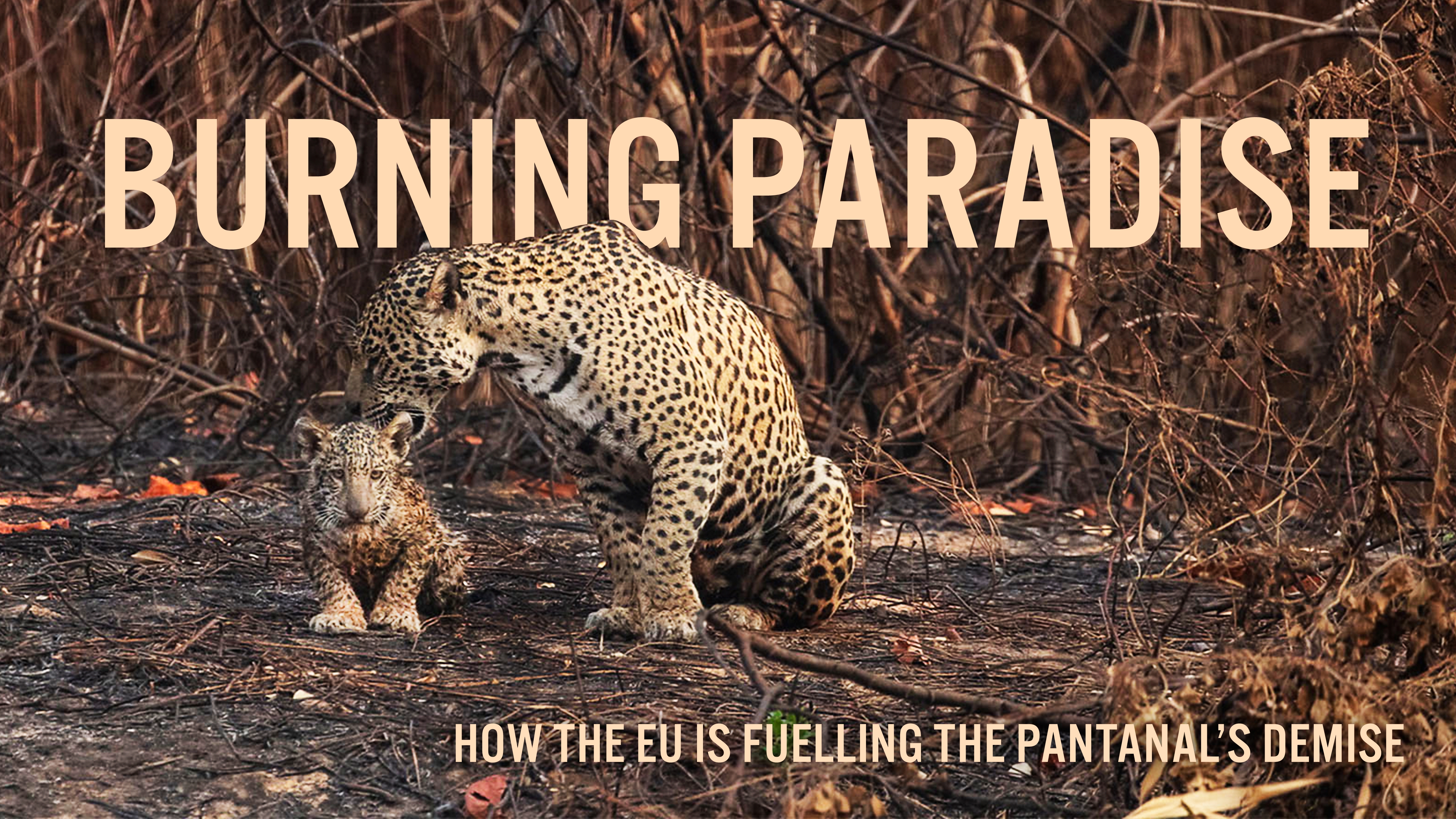
EU supply chains drive deforestation in biodiversity hotspot as major fires spread
There is a clear connection between environmental destruction in the Pantanal, one of the world’s largest wetlands, and EU supply chains, according to research by the Environmental Justice Foundation (EJF) using combined data from publicly available sources.
The Pantanal spreads mostly across the Brazilian states of Mato Grosso and Mato Grosso do Sul. This wetland is threatened by major land clearances for cattle ranches, combined with droughts and widespread fires. The Pantanal is currently burning again, and one million hectares of land have already been lost this year. In just the last two weeks, an area over six times the size of Greater London has been destroyed.
The report reveals the extensive links between cattle farming in the Pantanal and supply chains leading to several EU countries. It finds that between 1990 and 2021, the area of pasture land for cattle doubled, reaching 2.54 million hectares - an area that’s almost the size of Belgium. Despite this, deforestation in the Pantanal remains a significantly underreported issue, says the NGO.
EJF’s report and accompanying film delve into the impacts of land clearance for cattle on this unique biome, one which EJF says is essential for local communities and Indigenous peoples, carbon sequestration and unique biodiversity. Data from this report indicate that during 2012-2021, 40,246.9 hectares of native vegetation were converted to pasture within Pantanal-based properties linked to the EU market.
Compared to 2019-2020, the accelerated conversion of native vegetation to pasture in 2020-2021 is marked, with the loss of Other Wooded Land increasing by 64% and Other Natural Ecosystems by 83% across the Pantanal as a whole. EJF estimates that between 2023 and 2050, the escalation of conversion in the Pantanal could reach 30 football pitches worth of land every day.
This comes at a time when excessive land clearance, combined with drought, has led to extensive fires. According to EJF, 25% of the Encontro das Águas State Park in the Pantanal is currently on fire and the situation looks likely to worsen. Photos and videos show the scale of the fires’ destruction and the various wildlife burned and killed by the fires.
The NGO calls for Brazil’s federal government to respond to states’ failure to protect the Pantanal, and for strong international legislation regulating supply chains connected to beef and soy. Specifically, the report calls for the EU Deforestation Regulation - an important regulation for protecting tropical forest areas such as the Amazon - to widen its scope to also include other threatened ecosystems such as the Pantanal.
Steve Trent, EJF CEO and Founder, said: “The world’s vast and increasing demand for beef and soy is the primary reason for the expansion of agriculture into the Pantanal, and all the environmental and human rights abuses this causes. Brazil should enhance transparency in the supply chains connected to the Pantanal to make greater scrutiny possible.”
“The EU’s Deforestation Regulation is a genuinely important moment for the world’s forests, and should be applauded. However, the EU institutions must make use of the scope for expansion within the act, broadening its coverage to Other Natural Ecosystems and Other Wooded Lands, explicitly including wetlands. This is politically possible and technically achievable, and several MEPs have already been campaigning for it. The Pantanal is a jewel in the crown of world biodiversity – we must work to protect it.”
ENDS
Notes to editors
EJF works internationally to inform policy and drive systemic, durable reforms to protect our environment and defend human rights. We investigate and expose abuses and support environmental defenders, Indigenous peoples, communities and independent journalists on the frontlines of environmental injustice. Our campaigns aim to secure peaceful, equitable and sustainable futures.
Our investigators, researchers, filmmakers and campaigners work with grassroots partners and environmental defenders across the globe. Our work to secure environmental justice aims to protect our global climate, ocean, forests and wildlife and defend basic human rights.
For more information, please contact media@ejfoundation.org.
SIGN UP FOR OUR EMAILS AND STAY UP TO DATE WITH EJF

